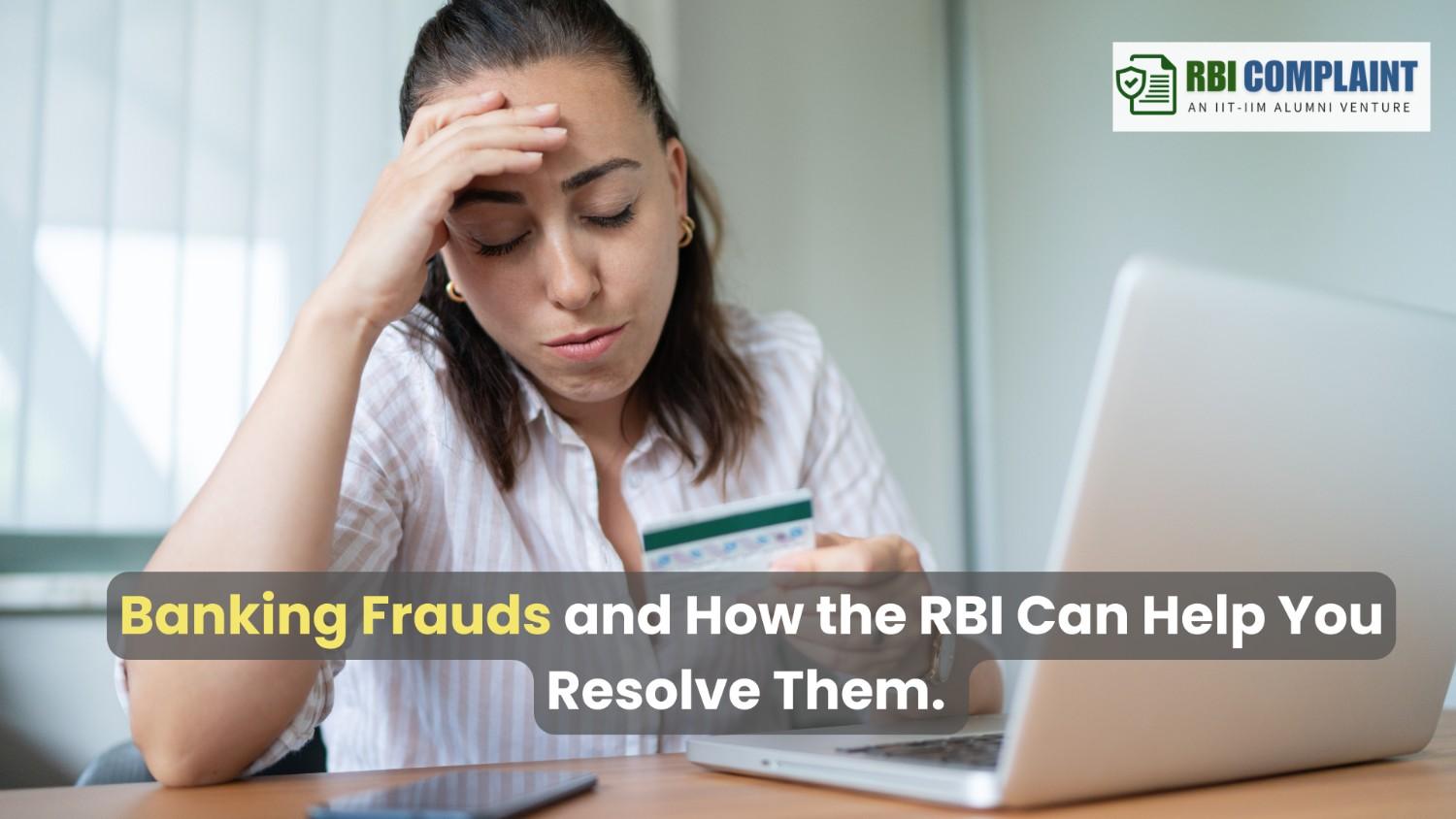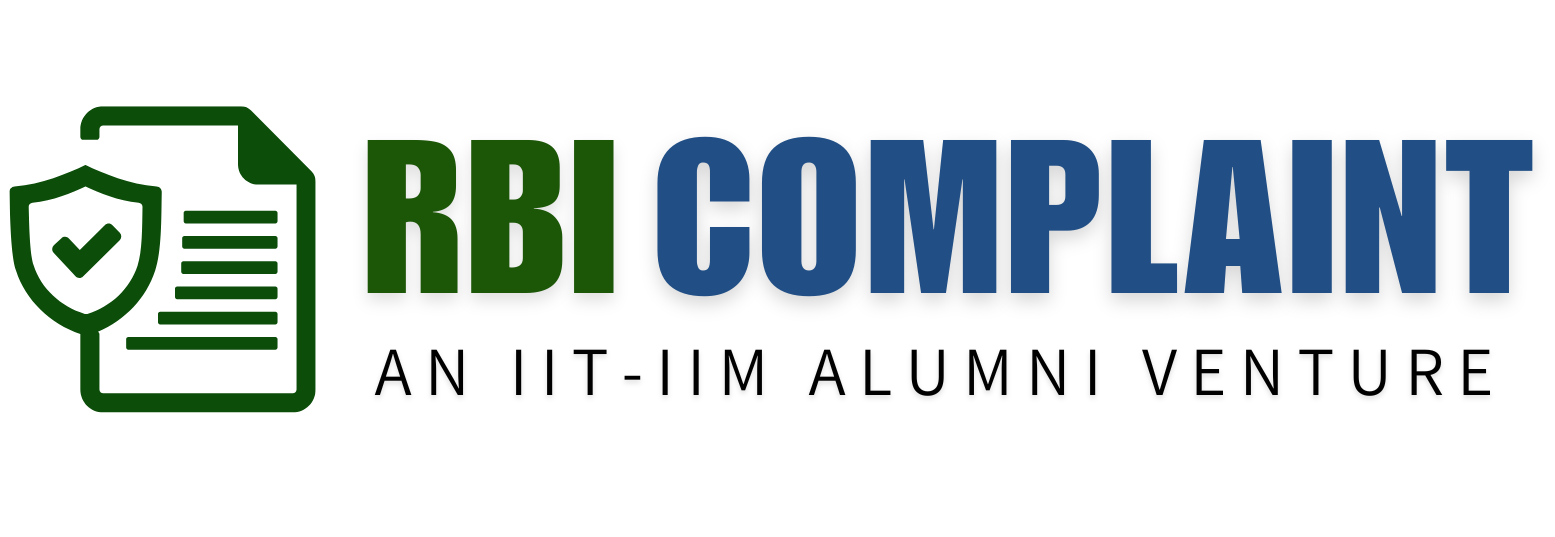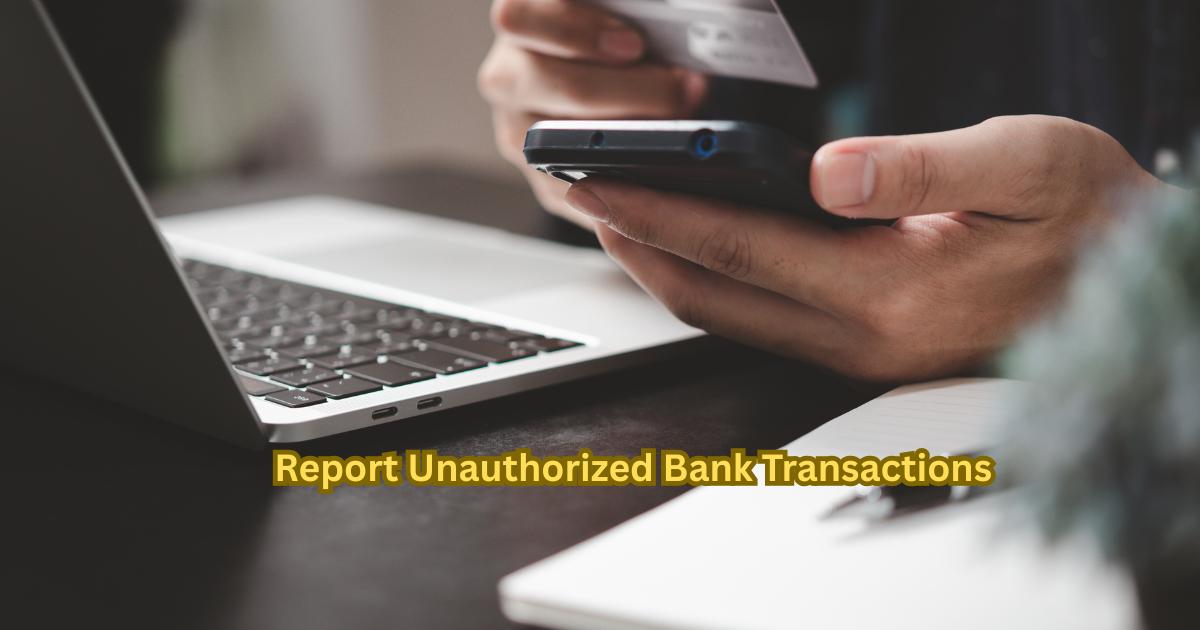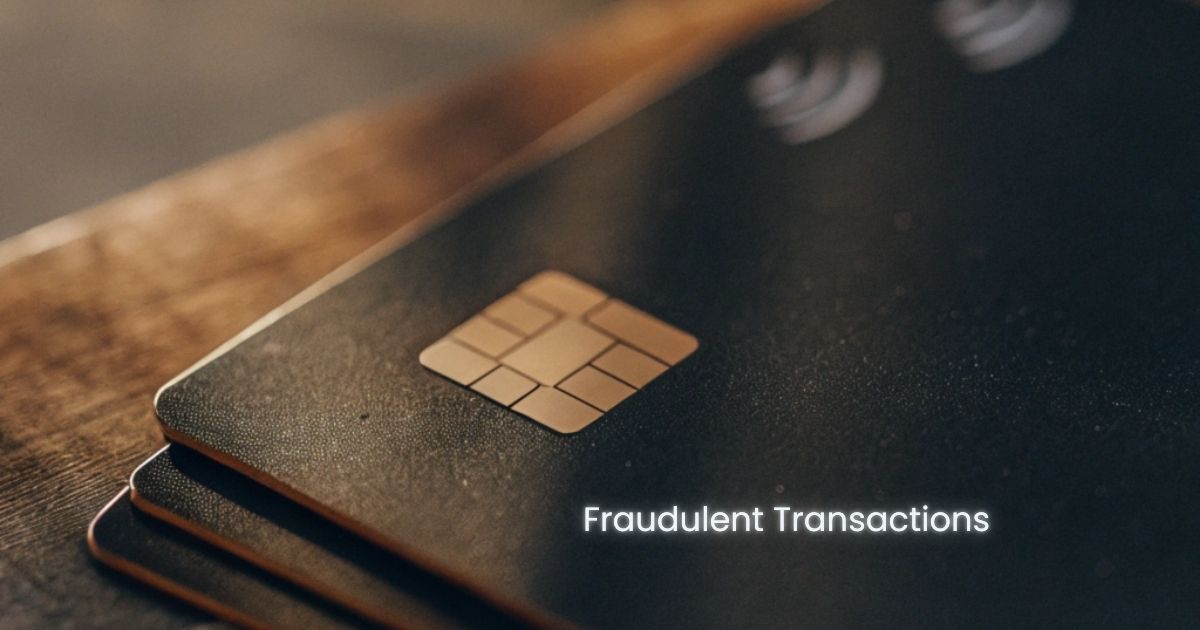· RBI Fraud Resolution · 4 min read
Banking Frauds and How the RBI Can Help You Resolve Them
Learn how the RBI can help resolve banking frauds, protect your money, and take action against fraudulent transactions with their complaint process.

In today’s digital world, the convenience of online banking and electronic transactions has made financial life easier—but it has also opened the door to a surge in banking frauds. From unauthorized transactions to identity theft, scammers are always on the lookout for opportunities to exploit individuals. The Reserve Bank of India (RBI), as India’s central banking authority, has established protections and guidelines to help customers tackle and resolve banking frauds effectively.
This guide offers a detailed look at common types of banking frauds, steps to prevent them, and how the RBI can help if you fall victim.
Understanding Banking Frauds
What is Banking Fraud?
Banking fraud refers to any deception intended to steal funds or information from a bank or its customers. It can involve stolen credentials, manipulated transactions, or fraudulent activities that exploit banking systems and customers’ trust.
Common Types of Banking Frauds
Unauthorized Transactions: These are transactions carried out without the account holder’s permission, often from hacked accounts.
Forgery: Using fake documents or signatures to access someone’s account.
Money Mules: People who unknowingly transfer stolen funds on behalf of fraudsters, putting them at risk of legal action.
Types of Digital Banking Frauds
Online Scams: Fraudsters use fake websites or phishing emails to trick people into sharing personal information.
Phishing and Vishing: Phishing uses fake emails or sites, while vishing (voice phishing) uses phone calls to obtain sensitive details from unsuspecting individuals.
Card Frauds
Credit Card Frauds: Fraudsters make unauthorized purchases with stolen or cloned credit cards.
Debit Card Frauds: Unauthorized withdrawals often happen through ATMs or point-of-sale terminals with compromised card data.
Identity Theft in Banking
Identity theft occurs when fraudsters use stolen personal details to access accounts or open new accounts in someone else’s name. Be vigilant with your information and always use strong, secure passwords.
Cheque Frauds
Cheque fraud involves using altered or counterfeit cheques to access someone’s account. Always use secure cheques provided by your bank and verify all details before issuing or depositing a cheque.
Loan and Mortgage Frauds
Fraudsters often use fake loan schemes, sometimes requiring victims to pay upfront fees or provide sensitive details. Look out for high-interest offers, requests for payments before approval, and unverifiable websites.
Banking Fraud Laws in India
India has a stringent legal framework, including the Prevention of Money Laundering Act (PMLA) and Information Technology Act, to combat banking frauds. Law enforcement agencies like the Cyber Crime Cell investigate fraud cases and bring offenders to justice.
How the RBI Protects You from Banking Frauds
RBI’s Policies for Fraud Protection
The RBI has introduced measures such as two-factor authentication (2FA) for online transactions, as well as mandatory bank alerts for suspicious activity. These policies are designed to protect customers from fraud and alert them of unauthorized activities in real-time.
Reporting a Fraud to the RBI
If your bank doesn’t satisfactorily address a fraud issue, you can escalate it to the RBI through formal complaints.
RBI Ombudsman Scheme for Banking Frauds
The RBI Ombudsman Scheme provides customers with a way to file complaints against banks if they experience unresolved fraud issues. You can submit complaints online via the RBI’s website or in person at a local RBI office.
Steps to Take if You’re a Victim of Banking Fraud
Block Your Card or Freeze Your Account: Immediately secure your account to prevent further losses.
Report the Fraud to Your Bank: Most banks have dedicated fraud hotlines available 24/7.
File a Report with the Cyber Crime Cell: Especially relevant for digital fraud cases, this helps initiate a formal investigation.
How to Report Banking Frauds
Notify Your Bank: Use the bank’s official fraud-reporting channels and provide details of the suspicious activity.
Escalate to the RBI: If you’re dissatisfied with your bank’s response, escalate the matter to the RBI’s complaint portal or Ombudsman.
Preventing Banking Frauds
General Tips:
Be cautious of unsolicited requests for personal information.
Avoid using public Wi-Fi for banking transactions.
Regularly change your passwords and review account statements.
Securing Digital Transactions:
Enable 2FA for all accounts.
Protect your devices with antivirus software.
Recognizing a Banking Fraud
Red Flags to Look Out For
Requests for personal or account information from unknown sources.
Unauthorized transactions on your account.
Unofficial calls or messages claiming to be from your bank.
Common Scams to Avoid
Stay vigilant against scams such as lottery or prize frauds, Ponzi schemes, and unsolicited investment offers.
Conclusion
Banking fraud is a serious issue, but with awareness, vigilance, and the support of institutions like the RBI, you can significantly lower your risk of becoming a victim. If fraud occurs, act swiftly by securing your account, reporting to your bank, and, if necessary, reaching out to the RBI for further assistance. Staying informed is your best defense against banking frauds in the digital age.



